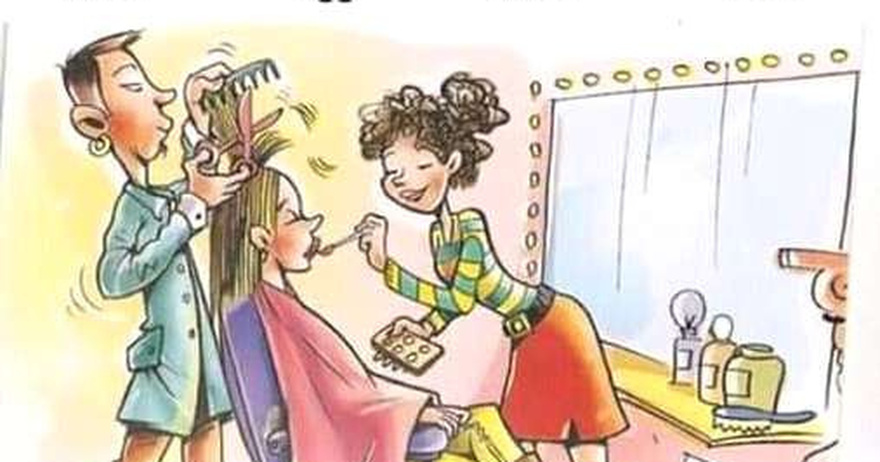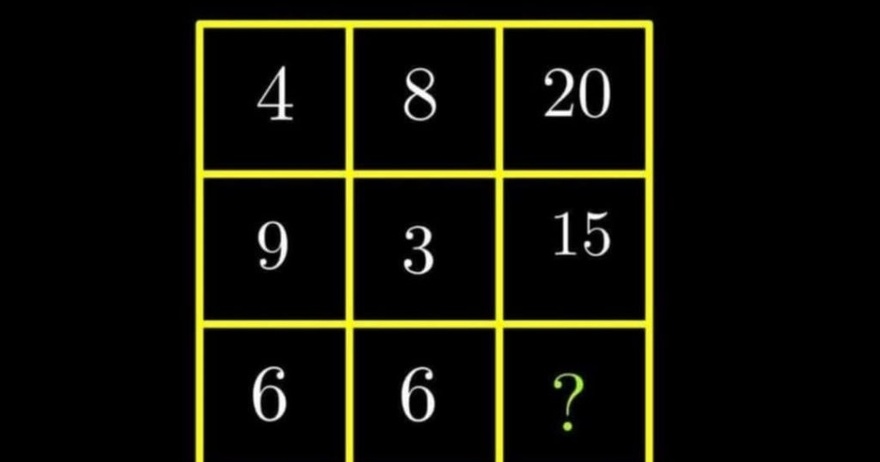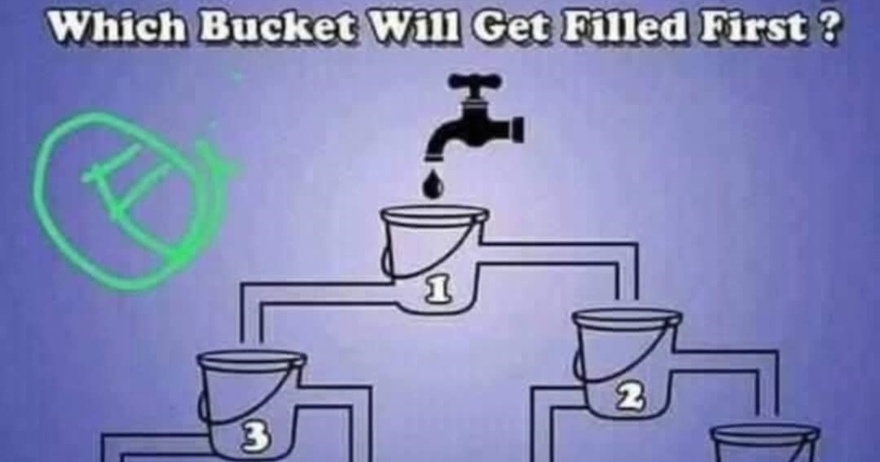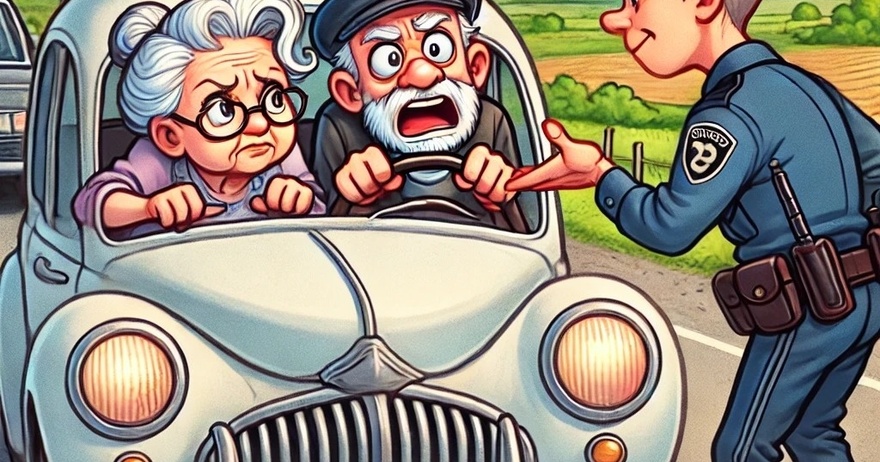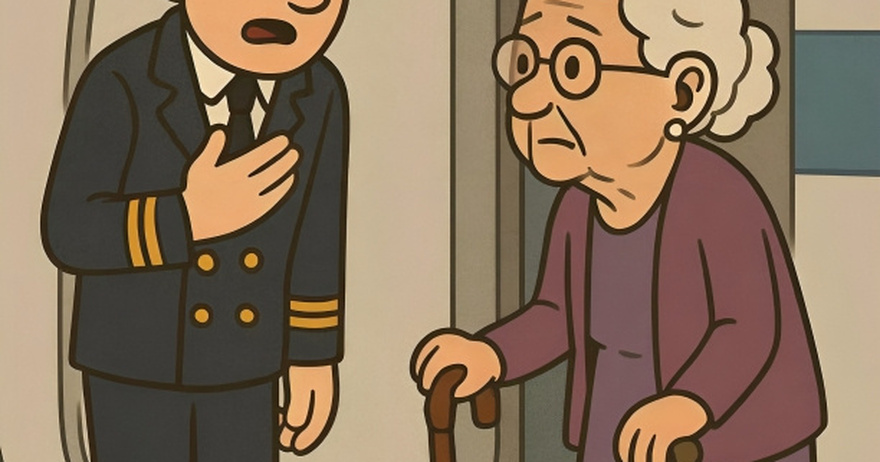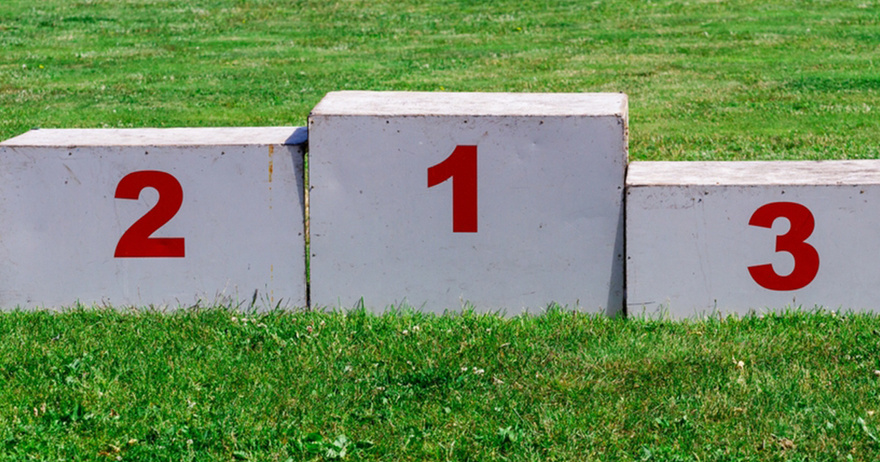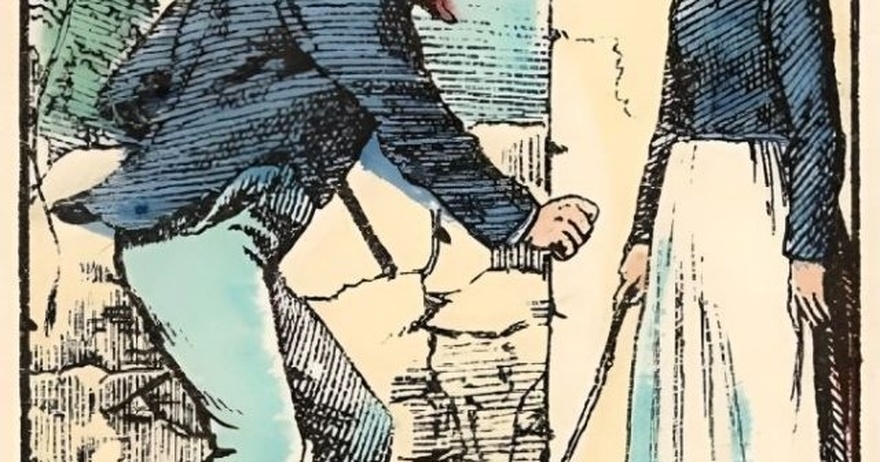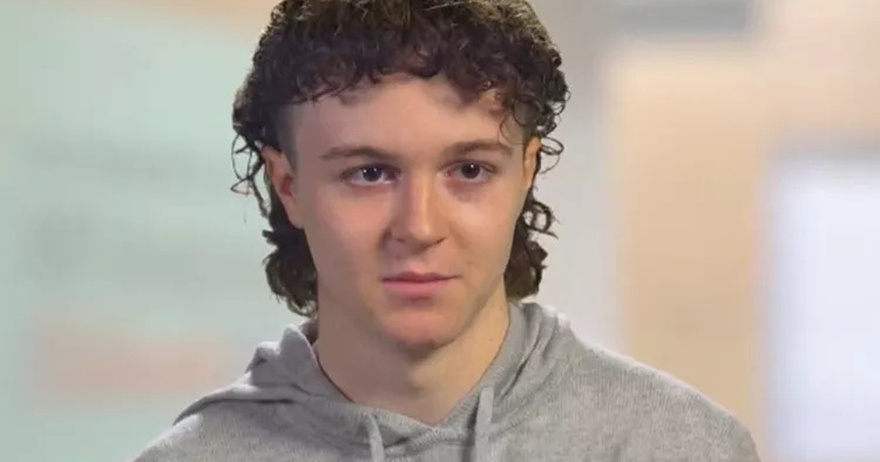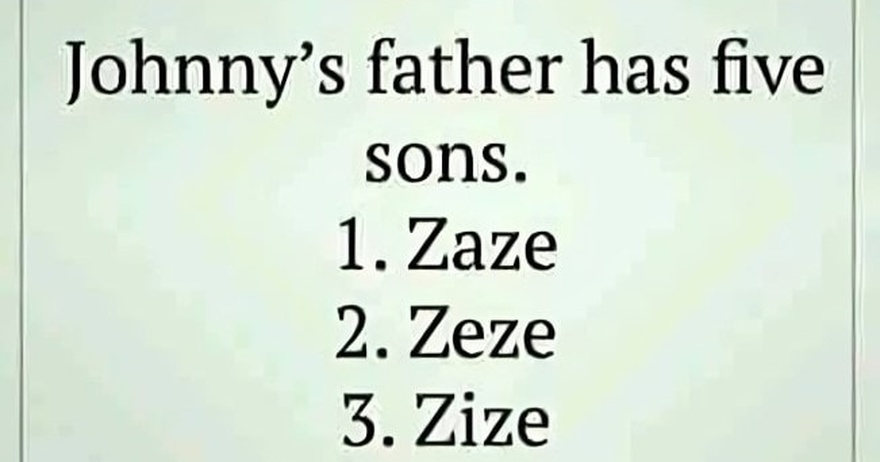Riddles have a unique way of bending our minds, challenging us to look beyond the surface and dive into layers of meaning. One riddle that’s perplexed and entertained people is this: “I’m a fruit. If you take away my first letter, I’m a crime. If you take away my first two letters, I’m an animal. If you take away my first and last letters, I’m a form of music. What am I?” At first glance, it might seem simple, but each line adds a twist that can easily throw you off track. Let’s dig deep, analyze each clue, and uncover the answer.
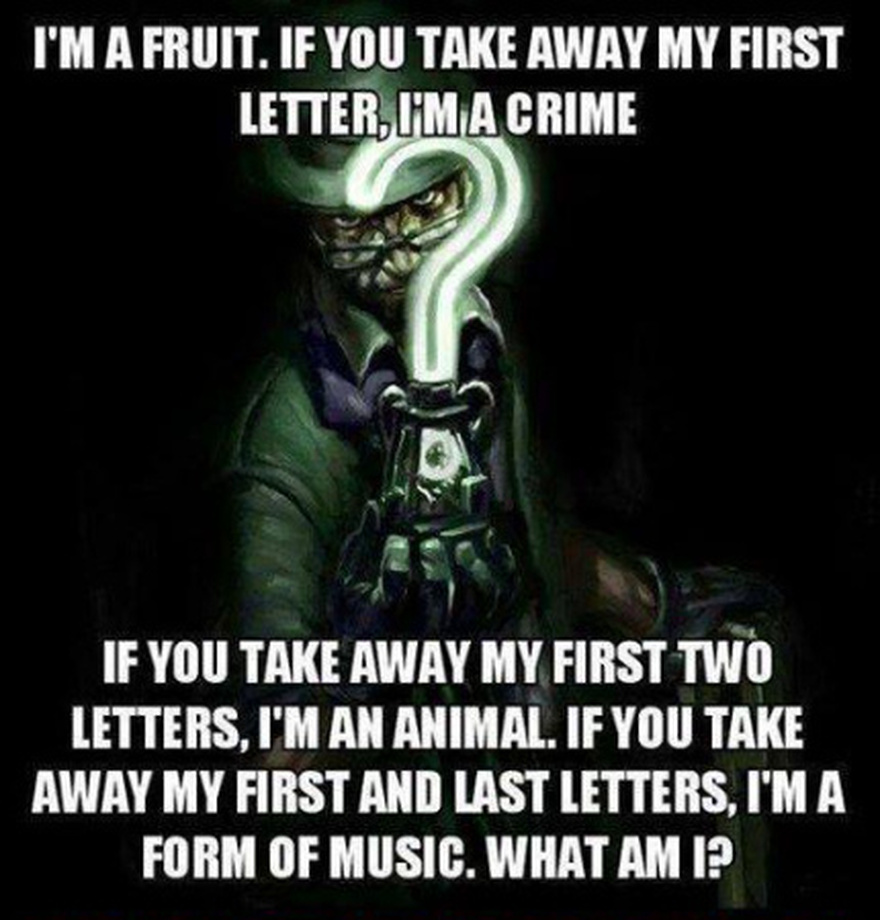
Riddles often seem straightforward, but they’re designed to test both language skills and logical thinking. Every word and each letter can carry multiple meanings, making it easy to miss a crucial clue. With this riddle, the answer may be obvious to some and elusive to others. So, if you’re ready to solve it, let’s walk through it step-by-step.
Common Mistakes When Solving This Riddle
Before we start breaking down the answer, it’s worth discussing a few common pitfalls that people face when tackling riddles like this one:
Too Literal with the First Clue: Many people get fixated on finding a fruit, which is understandable. But narrowing your thoughts to only common fruits, like apple or orange, can make it tough to fit the other clues.
Skipping Over Clues: Some solvers might focus heavily on one clue without fully considering how the word would change as each letter is removed.
Missing Wordplay and Double Meanings: The English language is full of nuances, and in riddles, one missing letter can entirely change a word’s meaning. Riddles rely on these subtleties, so reading carefully and creatively interpreting each clue is key.
Now that we know the common traps, let’s work through each part of this riddle to reveal its clever answer.
This riddle uses word transformations, where removing letters changes the meaning entirely. Here’s how we can solve it, clue by clue.
Clue 1: “I’m a Fruit”
This clue gives us the basic starting point: we need a fruit. However, we shouldn’t limit ourselves to only popular fruits. The answer has to work with the following clues, so the fruit we pick must fit each transformation as we proceed. Keeping an open mind is essential as we move through each hint.
Clue 2: “If You Take Away My First Letter, I’m a Crime”
Now that we’re looking for a fruit that can also become a crime, we should think about words associated with crimes. A fruit that, when you remove its first letter, could mean a crime? One strong candidate here is the word “grape”. Removing the “G” leaves us with “rape,” which, while unsettling, is indeed a crime. This clue seems to align perfectly with the word “grape,” so let’s continue with it.
Clue 3: “If You Take Away My First Two Letters, I’m an Animal”
With “grape” still in mind, let’s see if it holds up for this clue. Removing both the “G” and the “R” leaves us with “ape.” An ape is undeniably an animal, so this clue supports our current word choice. So far, “grape” seems to fit the riddle’s logic.
Clue 4: “If You Take Away My First and Last Letters, I’m a Form of Music”
For the final clue, we need to take away the first letter “G” and the last letter “E” from “grape.” This leaves us with the word “rap,” a popular genre of music. With this final piece falling into place, we confirm that the answer to this riddle is, indeed, “grape.”
Through each step, “grape” checks all the boxes, making it the answer that satisfies every clue. This solution highlights the clever way a word can change meaning with just one letter removed, a classic feature of word-based riddles.
Riddles like these show us how versatile language can be, with meanings that shift dramatically as letters are removed. With each transformation, the word “grape” morphs into something entirely new, going from a simple fruit to words with deep significance in different contexts. This play on letters and meanings is what makes riddles so intriguing—they encourage us to view words from new perspectives.
Share Your Experience: Did You Guess Correctly?
Were you able to crack the riddle before reaching the answer? If so, congrats! If not, don’t be discouraged; riddles are designed to challenge our assumptions and stretch our problem-solving skills. Whether you’re new to riddles or an experienced solver, they provide a fun way to exercise both logic and language.
Why Riddles Are Great for Your Brain
Solving riddles isn’t just an entertaining pastime—it’s also a workout for your brain. Riddles test your creativity, language skills, and ability to think outside the box. When you solve a riddle, you engage your mind in ways that everyday tasks rarely require, encouraging mental agility and flexible thinking.
So, next time you’re presented with a challenging riddle, remember: it’s not about getting the answer right away, but about exploring all the possibilities and learning to see things from a new angle. And who knows? You might just surprise yourself with the answer.
Conclusion: The Satisfaction of Solving Riddles
In the end, the riddle’s answer, “grape,” is a testament to the creativity and complexity of language. Each clue builds on the last, leading us through a series of transformations that reveal the final answer. Riddles remind us of the joy in puzzles, where words can twist and turn, creating something entirely new.
Next time you encounter a riddle, approach it with curiosity and an open mind. You never know—the answer might be as close as the first letter. Enjoy the journey of uncovering hidden meanings, and keep sharpening those problem-solving skills.

